Black cohosh contains active ingredients such as serotonin-like compounds and phytoestrogen. Furthermore, black cohosh is packed with tannins, triterpenes, essential fatty acids, isoflavones, and certain starches.
You may have heard of black cohosh in relation to its potential in treating symptoms of menopause. But that’s not the only health benefit this flowering plant found in the United States and Canada offers. Actaea racemosa or black cohosh, which gets its name from the black roots, has a long history of medicinal usage among the Native Americans. Here’s a look at some of the proven benefits.
1. Helps Cope With The Symptoms Of Menopause
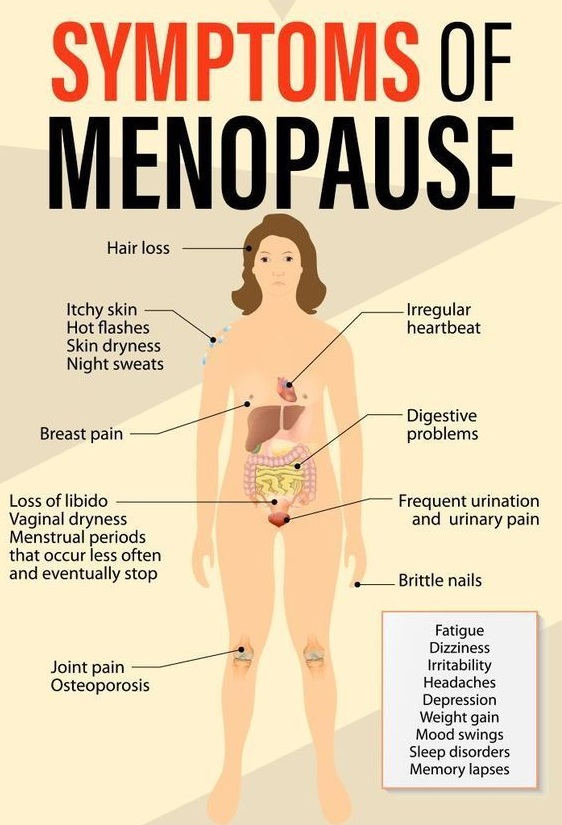
Hot flashes, night sweats, cramps, and mood swings are common during menopause. To manage these symptoms, you might want to give black cohosh a try. A traditional remedy, black cohosh to believed to improve menopausal symptoms.
Most doctors usually recommend that you use black cohosh for no more than 6 months. This is because studies have not evaluated the safety and effectiveness of black cohosh beyond 6 months of use.
In a pilot study, a group of women who were treated with black cohosh extracts (or remifemin) twice a day reported an improvement in the symptoms of menopause.1 Another study determines that black cohosh may be more effective in relieving hot flashes than commercial antidepressant drugs. Initial studies, thus, confirm that black cohosh is a safe and effective alternative to hormonal therapy in menopausal women. However, a recent study reveals that black cohosh, when used in isolation or as a part of a herbal remedy, has little effect on the symptoms of menopause. Some experts also dismiss the positive effects of black cohosh as a placebo effect. Due to mixed results, it’s best to consume black cohosh under the supervision of a doctor.
Since the symptoms of menopause in women and andropause in men are almost similar, black cohosh would be beneficial for relieving symptoms of andropause in men as well. However, in this case, a certain amount of caution must be practiced while ingesting black cohosh since too much estrogen can actually worsen the hormonal imbalance in men.
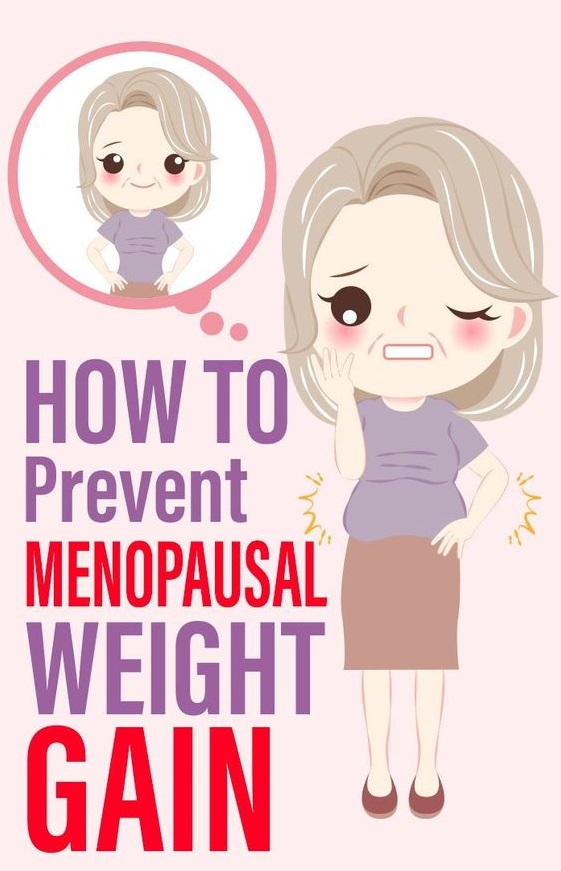
2. May Prevent Weight Gain During Menopause
Due to hormonal fluctuations during menopause, most women experience weight gain. By alleviating the symptoms of menopause, black cohosh may also reduce weight gain.
One study shows that rats treated with black cohosh extract for a period of 6 weeks gained a lesser amount of abdominal weight than untreated rats. Some sources state that black cohosh may also reduce your risk of diseases caused by weight gain such as heart diseases, cardiac arrests and strokes, breast cancer, high cholesterol, diabetes, and high blood pressure.
However, some experts feel that using black cohosh to prevent weight gain during menopause may backfire, since weight gain may sometimes manifest as a side effect.
3. Induces Ovulation In Women With PCOS
One cause of infertility in women is the low level of estrogen in the body. The estrogen-like compounds present in black cohosh may induce ovulation and increase chances of pregnancy.
In a study, women with PCOS were given 20 mg black cohosh extract for a period of 20 days for 3 consecutive menstrual cycles. Post the treatment, the women showed a favorable ratio of reproductive hormones – follicle-stimulating hormone (FSH) and luteinizing hormone (LH). In addition, their level of progesterone (the female sex hormone) was higher and their endometrial layer had thickened. By inducing ovulation, the black cohosh treatment had increased their pregnancy rates.
4. Induces Labor

Being a natural analgesic, black cohosh, when eaten by pregnant women, contributes greatly to reducing pain during the labor process by stimulating powerful contractions. For this reason, homeopathic practitioners often administer black cohosh to pregnant women (who are at or past term) who face weak contractions and slow, painful labor.
Caution: While it is known to help make the birthing process shorter and less painful, if taken during the early stages of pregnancy, it can induce a miscarriage by causing preterm uterine contractions. If you experience low back pain or abdominal cramping, vaginal bleeding with or without abdominal cramps, and tissue or blood clots passing through the vagina after taking black cohosh, seek immediate help.
Furthermore, black cohosh is always ingested with a mixture of specific herbs and should never be ingested by itself during pregnancy. The success of black cohosh is completely dependent on dosage and only a certified herbalist or skilled midwife would be able to administer the right amount and determine what other herbs it should be combined with. Hence, it is highly dangerous to self-prescribe this herb without prior consultation with a medical expert.
5. Fights Inflammation
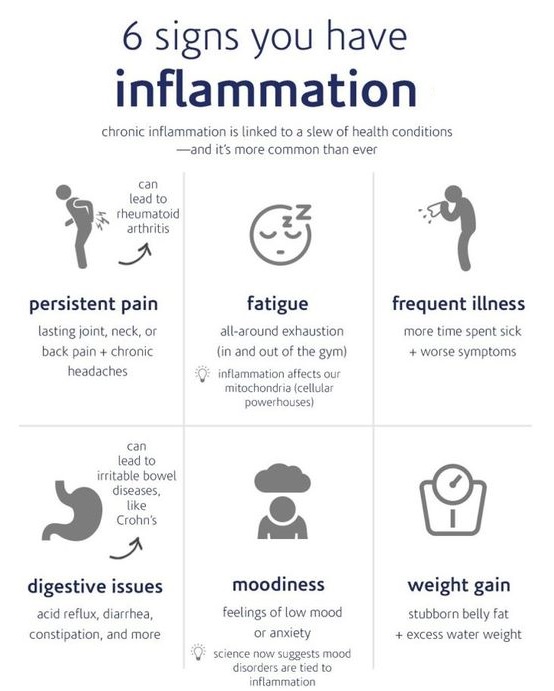
An active component of black cohosh, cimiracemate, is found to have anti-inflammatory properties.8 Plus, the herb also contains isoferulic acids, which are known for their ability to fight inflammation.
In fact, a group of researchers has found that a combination black cohosh, willow bark (Salix spp.), sarsaparilla (Smilax spp.), guaiacum (Guaiacum officinale) resin, and poplar bark (Populus tremuloides) may significantly reduce the symptoms of arthritis, an inflammatory condition.
6. Prevents Muscle Spasms
Black cohosh acts as an antispasmodic to prevent and relieve muscle spasms both men and women. It can help inhibit cramps and pains related to muscle strain, injury, and chronic nervous tension, thus aiding in the normal functioning of muscles and nerves.
7. May Improve Fracture Healing In Osteoporosis
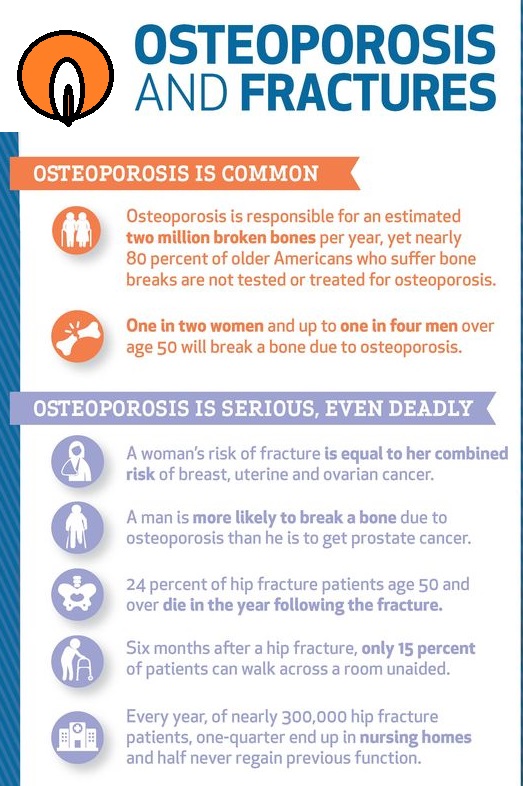
If you’re affected by osteoporosis, you’re prone to bone loss and fractures. Laboratory studies suggest that black cohosh may improve fracture healing in patients with osteoporosis. One study revealed that a group of rats (with early osteoporosis) showed an improvement in fracture healing after black cohosh supplementation. However, further research is needed to confirm the beneficial effects of black cohosh on osteoporosis.
8. May Promote Healthy Skin
Lowered estrogen levels during menopause can wreak havoc in the body year after year. This causes various skin problems such as rashes, acne, itchy, dry skin, wrinkles, and crow’s feet. By keeping the body’s estrogen levels in check, black cohosh may improve the overall skin texture and is, in fact, one of the top 3 benefits majority of the women talk about when asked about the benefits of black cohosh.
9. May Promote Digestive Health
Black cohosh is believed to maintain good digestive health. It might boost the efficiency of nutrient uptake and speed up the elimination of waste products, thereby reducing the risks of constipation and related conditions such as gastric ulcers. This digestive capacity of black cohosh may also help to fight flatulence, bloating, cramping, morning sickness, and nausea in both men and women.
10. Reduces Sleeplessness
Black cohosh is a potent natural sedative and can guarantee long, restful sleep. Hence, it is often recommended for men and women suffering from insomnia, chronic anxiety, stress, and disturbed sleep.
Caution: Do not take black cohosh if you’re already on sleep-inducing medication, as the natural components of this herb are quite potent and may cause dangerous side effects when combined with other medicines.
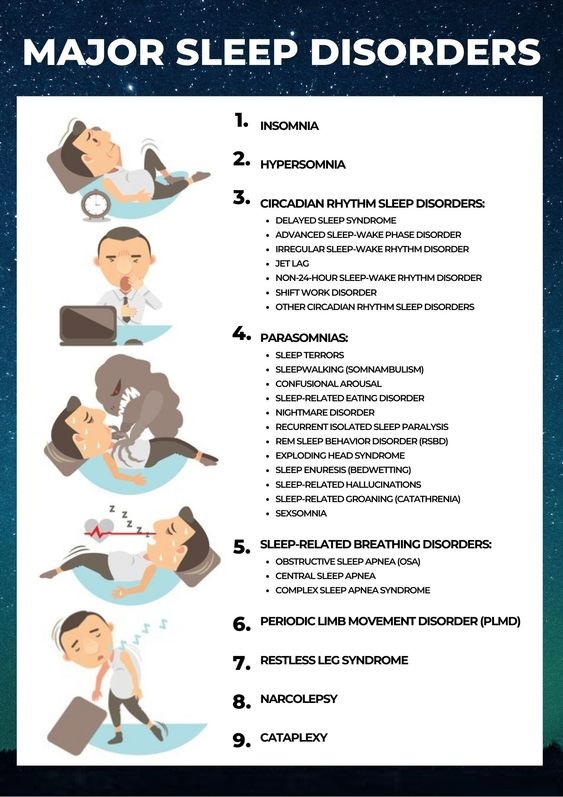
11. Might Treat Snakebites
Native Americans used black cohosh to treat snakebites. They’d do this by either applying its paste or salve on the wound or orally administering it as a tincture. This could be why one of the many names of black cohosh happens to be black snakeroot.
12. Might Prevent HIV
A 2004 study found that acetin, a tetracyclic triterpenoid (a plant compound) found in black cohosh has anti-HIV activity. However, further research is required to fully understand this benefit and the necessary dosage to make the most of it.
Black Cohosh Can Be Consumed In Various Ways
Black cohosh may be more effective as a powder or capsule than as tea.
Black cohosh is usually ingested in the form of pills, tea, and sometimes even in tincture form.
- Black Cohosh Tea: Traditionally, black cohosh tea is made by boiling 1 tsp black cohosh dried roots and leaves per cup of water for roughly 20–30 minutes. Since it can be a little too bitter to taste, it is recommended to sweeten it with a little sugar or honey.
- Black Cohosh Pills: In the case of pills, black cohosh is mixed with other ingredients such as calcium, soy, and lemon bioflavonoid complex.
- Black Cohosh Powder: The root and the leaves are usually ground together to produce a fine, dry powder.
Consume 15–30 mg Black Cohosh A Day
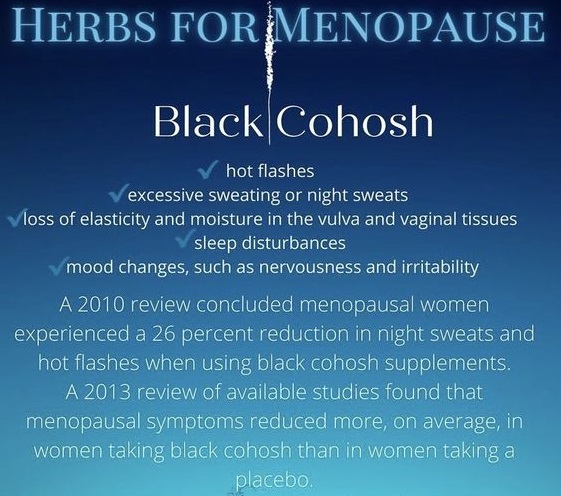
There is no clear-cut standard dosage for black cohosh. However, experts suggest a dose of 15 to 30 mg a day for the concentrated extract of this herb. If you’re drinking black cohosh tea, take no more than 3 cups a day.
Note that black cohosh also goes by names like black snakeroot, bugwort, squawroot, and bugbane. Make sure you don’t consume this herb in excess as it could cause harmful side effects.
Black cohosh dosage amount really depends on a variety of factors such as the specific use of the herb, the manufacturer (in the case of pills), additional ingredients, and the form in which it is taken. Also, bear in mind that it is dangerous to compensate a missed dose with an extra amount during the next dosage time.
It is recommended to consult with your doctor or herbalist to reach a fixed dosage amount. Do not try to self-administer this herb.
Avoid Black Cohosh If You Have Liver Disease Or Cancer
Despite the diverse range of benefits of black cohosh for health, there have been reports of this herb causing liver damage, particularly when ingested over a long period of time.
It’s not clear whether black cohosh encourages or hinders the growth of breast cancer cells. Some women with breast cancer find that their hot flashes tend to reduce after consuming black cohosh. One study, in fact, has reported that black cohosh may have protective benefits against the development of breast cancer. However, experts state that black cohosh may interact with common cancer treatments like radiation and chemotherapy drugs. To avoid any complications, black cohosh must not be consumed if you are undergoing treatment for any type of cancer.
If not taken in the right quantities, some people may experience side effects like nausea, dizziness, headaches, constipation, and diarrhea. Therefore, before adding this powerful herbal agent into your daily or weekly regimen, it is very important to discuss the decision with a medical professional.
Also Read:
